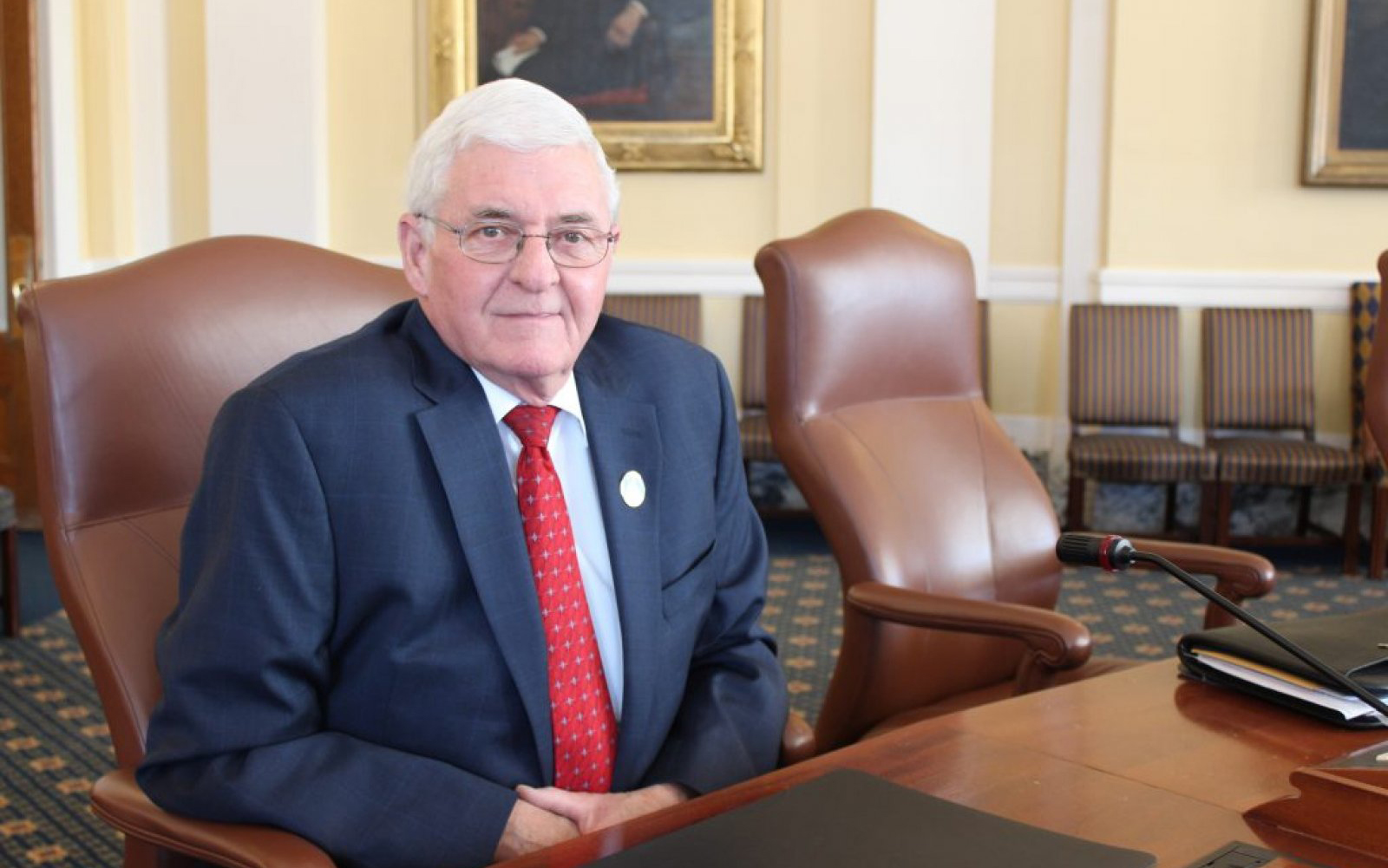I am a proud native Mainer and a lifelong resident of Aroostook County. I’ve served Maine in one office or another for decades, and I know that the hardworking people of this state don’t care one whit for political games. What we care about is honesty, integrity, and results. During my time in Maine’s legislature and as attorney general, I’ve found time and time again that working across partisan divides is not just possible, it’s essential to getting things done. And it’s what Mainers expect.
That’s why I was so surprised to read Rep. Chris Johansen’s column the other week, spreading what is, frankly, political hogwash. The readers of The County deserve straight talk, and I’d like to address a few of the claims published by the good representative from Monticello.
For starters, the budget-writing Appropriations and Financial Affairs Committee is staffed by both Republicans and Democrats, as are all legislative committees. No one party will have all the answers to Maine’s needs. Our varied experiences and perspectives are crucial to making sure we carry out the will of Maine people. Members of both parties have seats at the table, and the leaders of the Appropriations Committee were committed to negotiating in good faith. As a result, more than 99 percent of the line-item votes the committee took on the budget were unanimous; every line-item vote was bipartisan.
Here’s the truth about the budget that this bipartisan committee crafted: It doesn’t increase taxes on Mainers one cent. On the contrary, it includes $130 million in direct property tax relief for families and homeowners. It adds $18 million to the Rainy Day Fund, bringing the total savings in that account to $281 million. Maine’s Constitution requires all state budgets to be balanced, so there is no way for any party to spend more than we take in. In fact, this new budget spends significantly less than what Gov. Janet Mills proposed, and even less than the budget recommended by outgoing Gov. Paul LePage, who is well known for being staunchly fiscally conservative.
Maine’s budget also makes way for responsible, smart investments through bonds. The suite of bonds before the Legislature this year would have made critical investments in National Guard facilities, career and technical education centers, high-speed internet access in rural communities, toxic waste clean-up, and the widely popular Land for Maine’s Future program. These bonds would have helped to make sure Mainers have the tools they need to succeed, and to preserve our way of life. The LMF bond was supported by the Sportsman’s Alliance of Maine, and all bonds received the support of the Maine Chamber of Commerce. That’s why I voted to send these bonds to voters for your consideration on the November ballot. Rep. Johansen and members of his caucus voted against giving you that option. They decided that they know better than everyday Mainers about how to invest in our economy.
One of the things Rep. Johansen and I agree on is that bonding is not necessarily the best way to pay for our transportation infrastructure. In a state like Maine, we need to prioritize investing in our roads, bridges, culverts and working waterfronts. That’s why a bill to create a Blue Ribbon Commission to study other means of funding for transportation projects received unanimous, bipartisan support in the Legislature and was signed by Gov. Mills. This commission brings together lawmakers from both sides of the aisle with a variety of experts, ranging from commercial haulers to pedestrian and bike safety advocates. I eagerly await this commission’s report, which will come to us for next year’s legislative session.
There is a counter argument to be made to each of Rep. Johansen’s points. If anyone wants that other side, please feel free to contact me. I’ve always made it a priority to be honest and forthright with people in my community. If you ever have any questions about where I stand on an issue or why I voted a certain way, I’m happy to have that conversation with any of my constituents.








